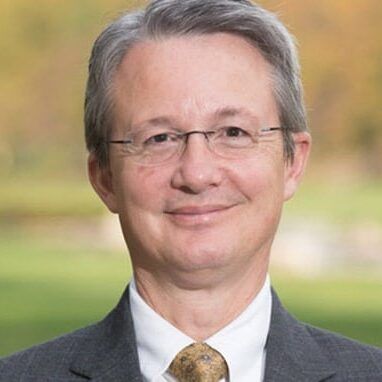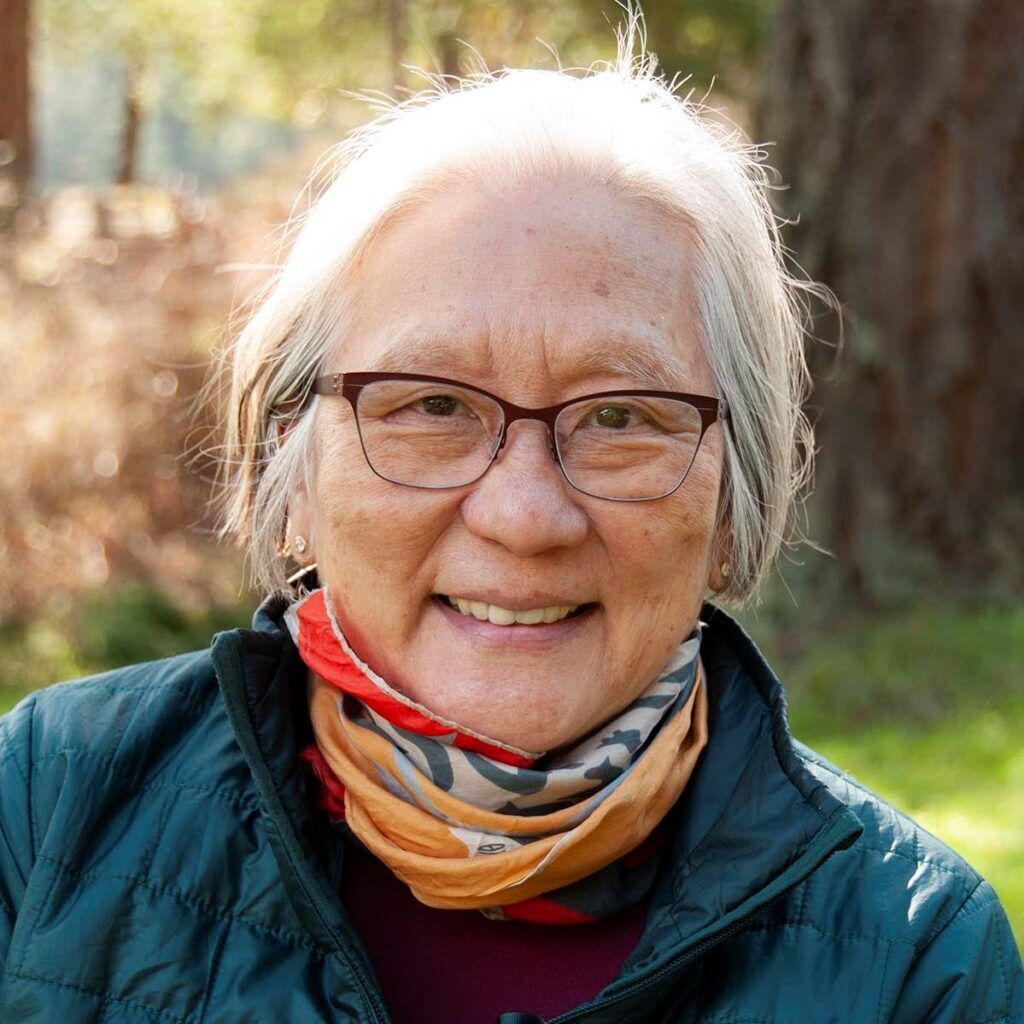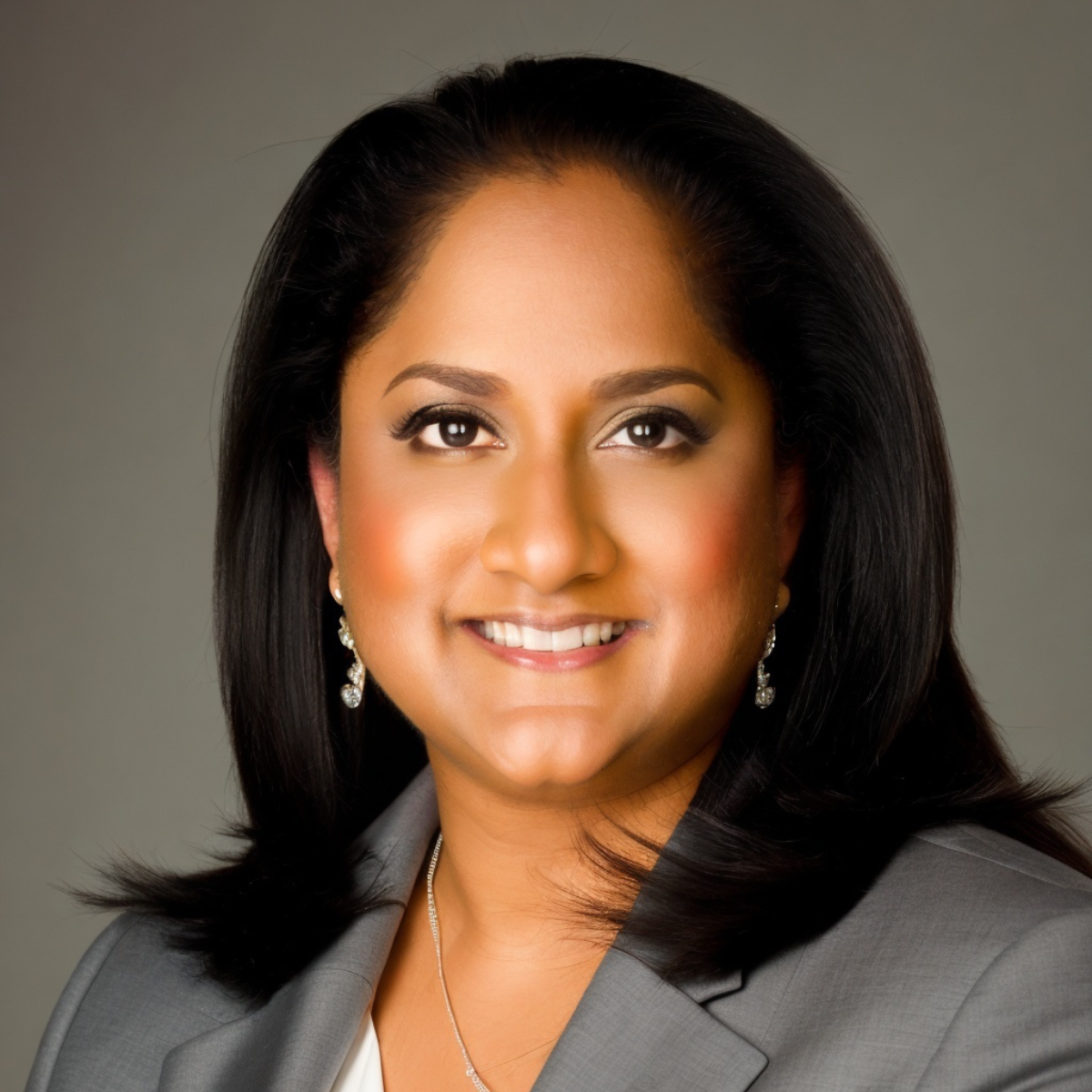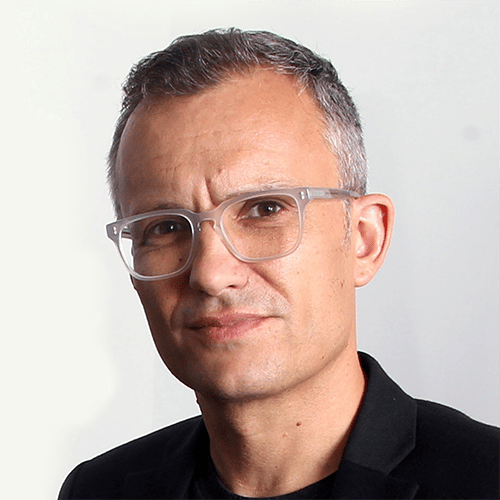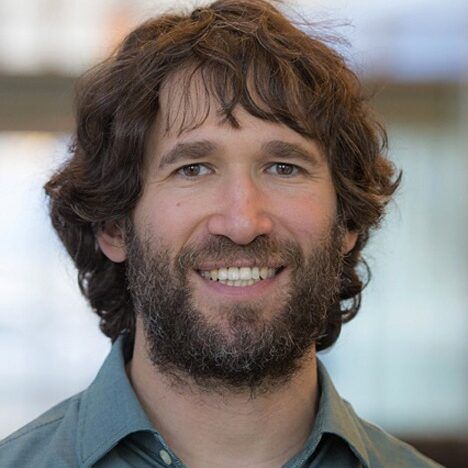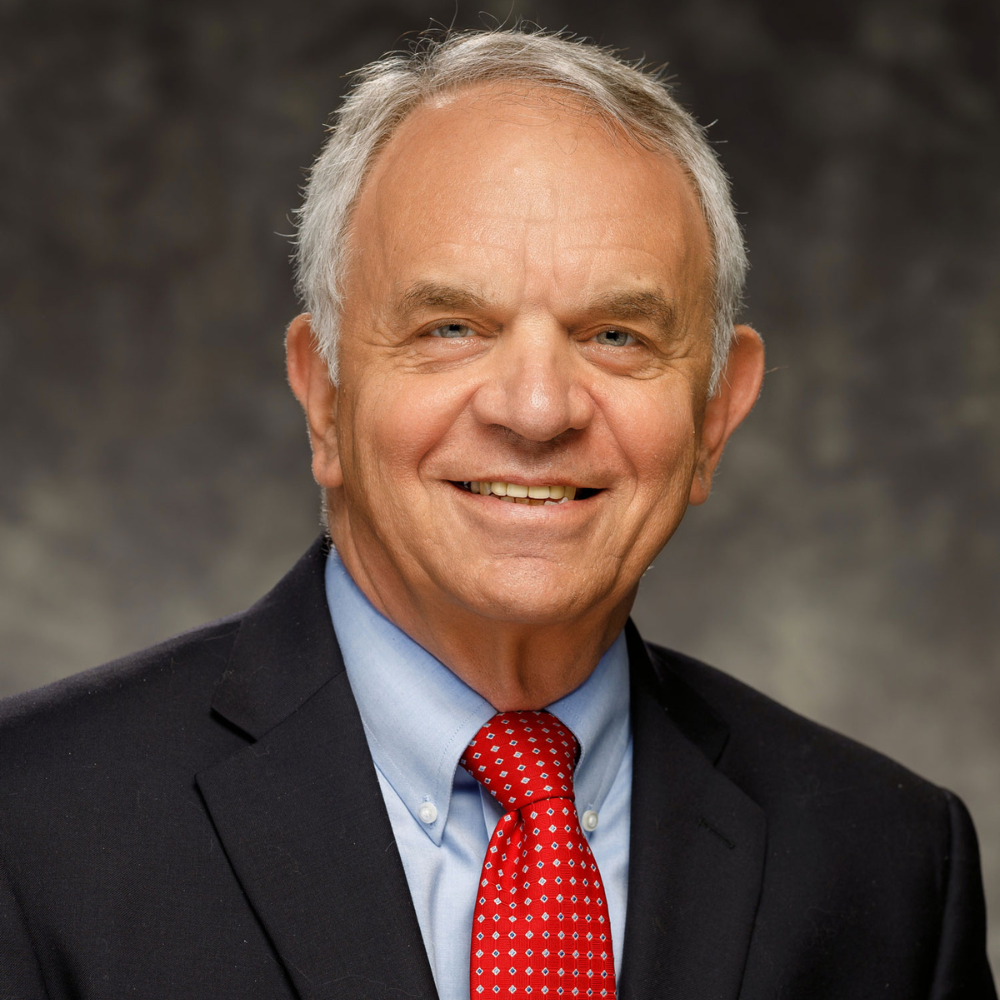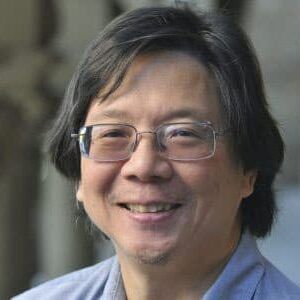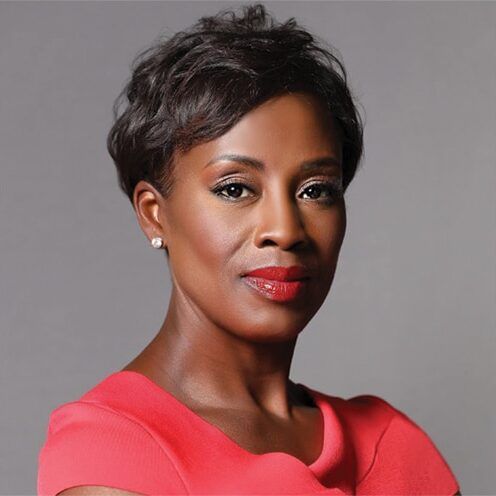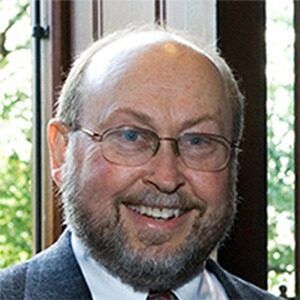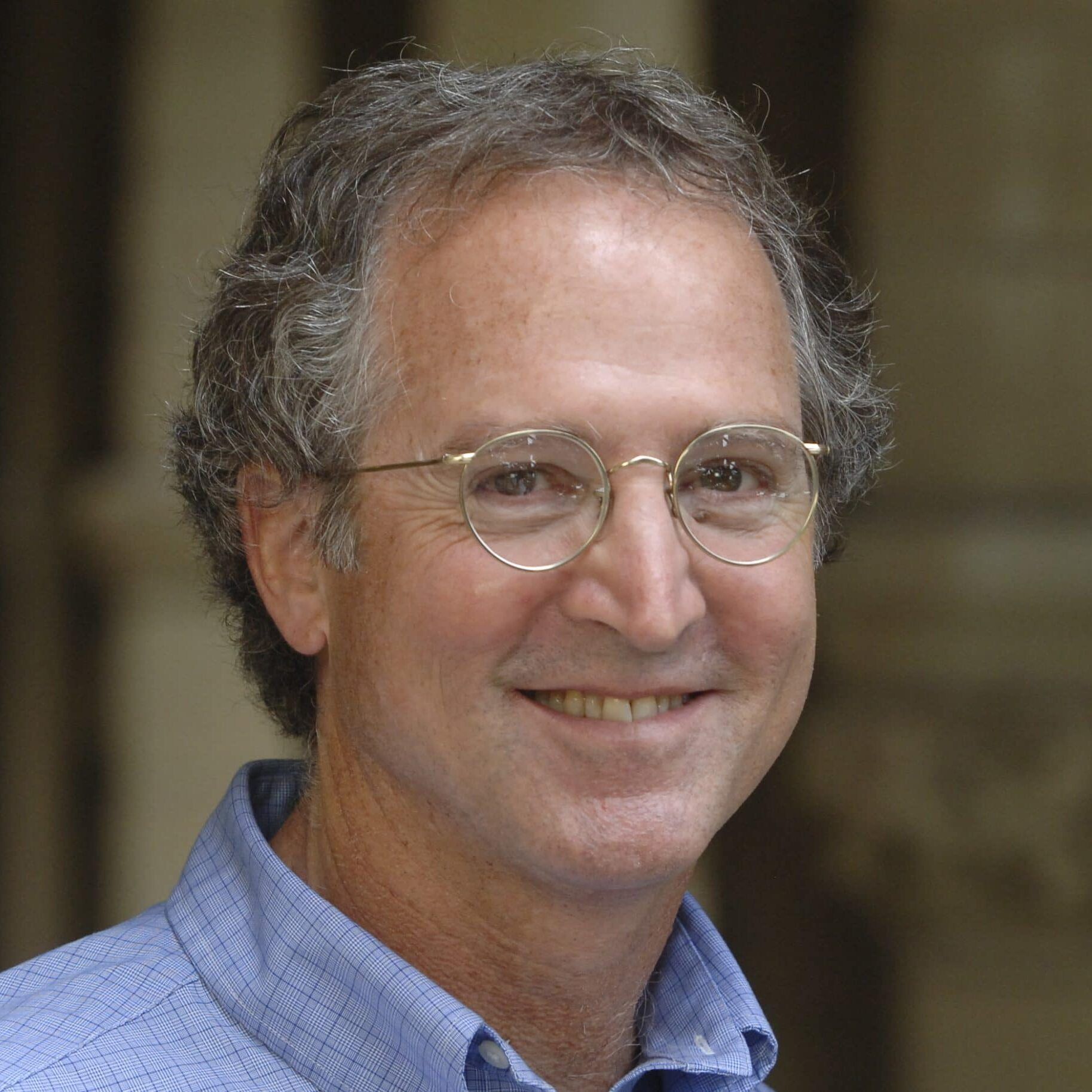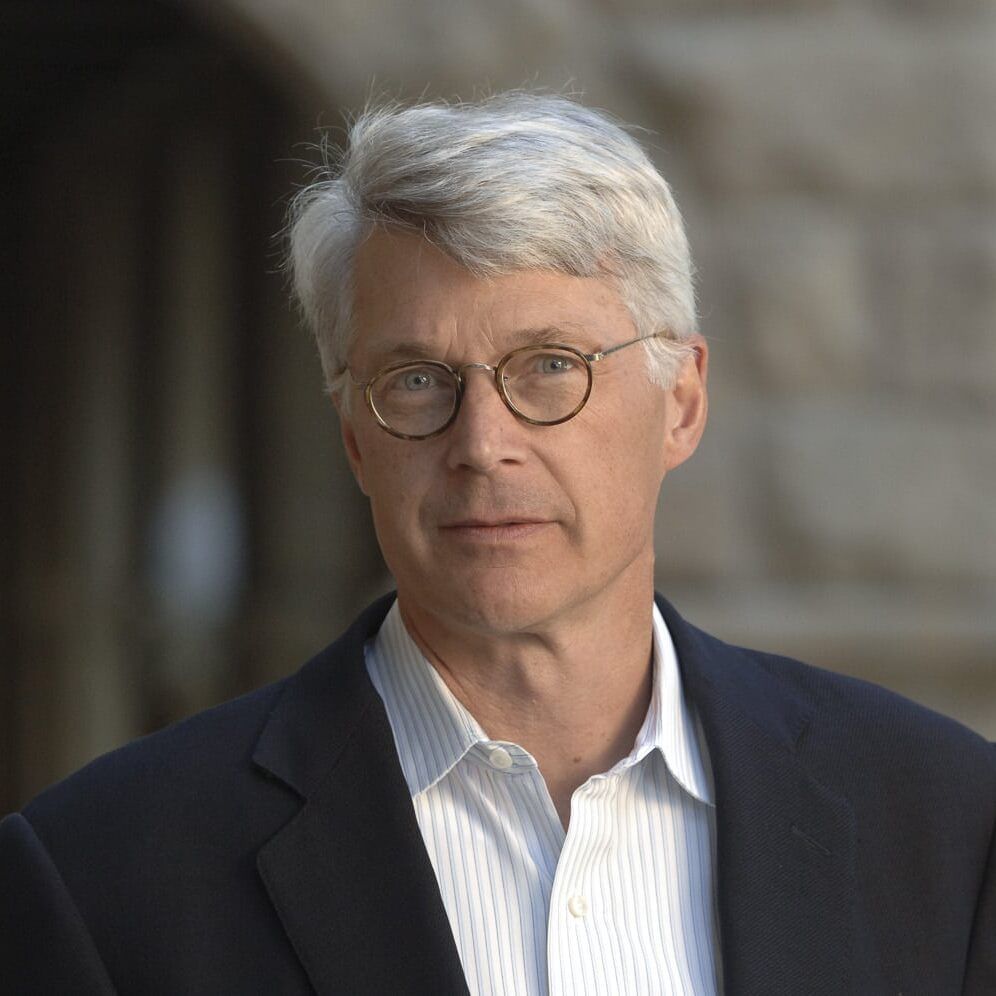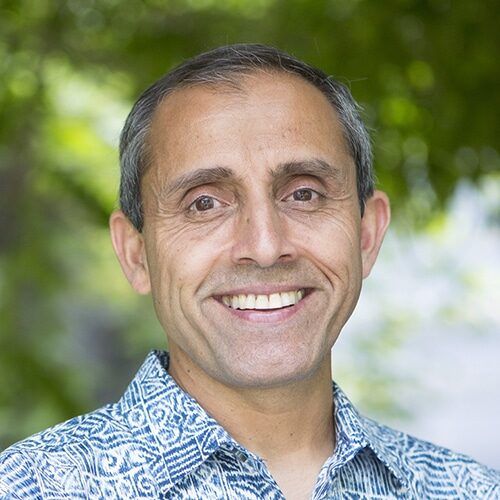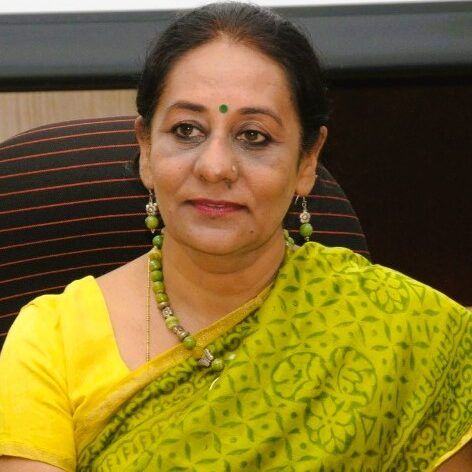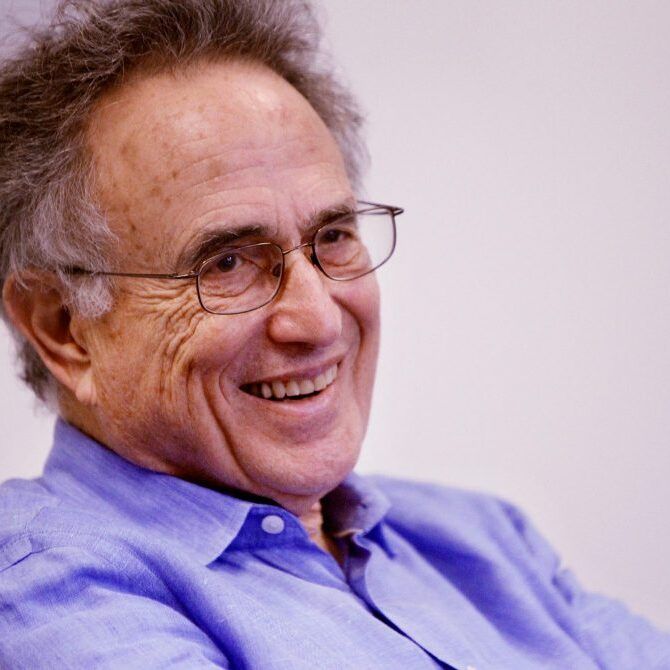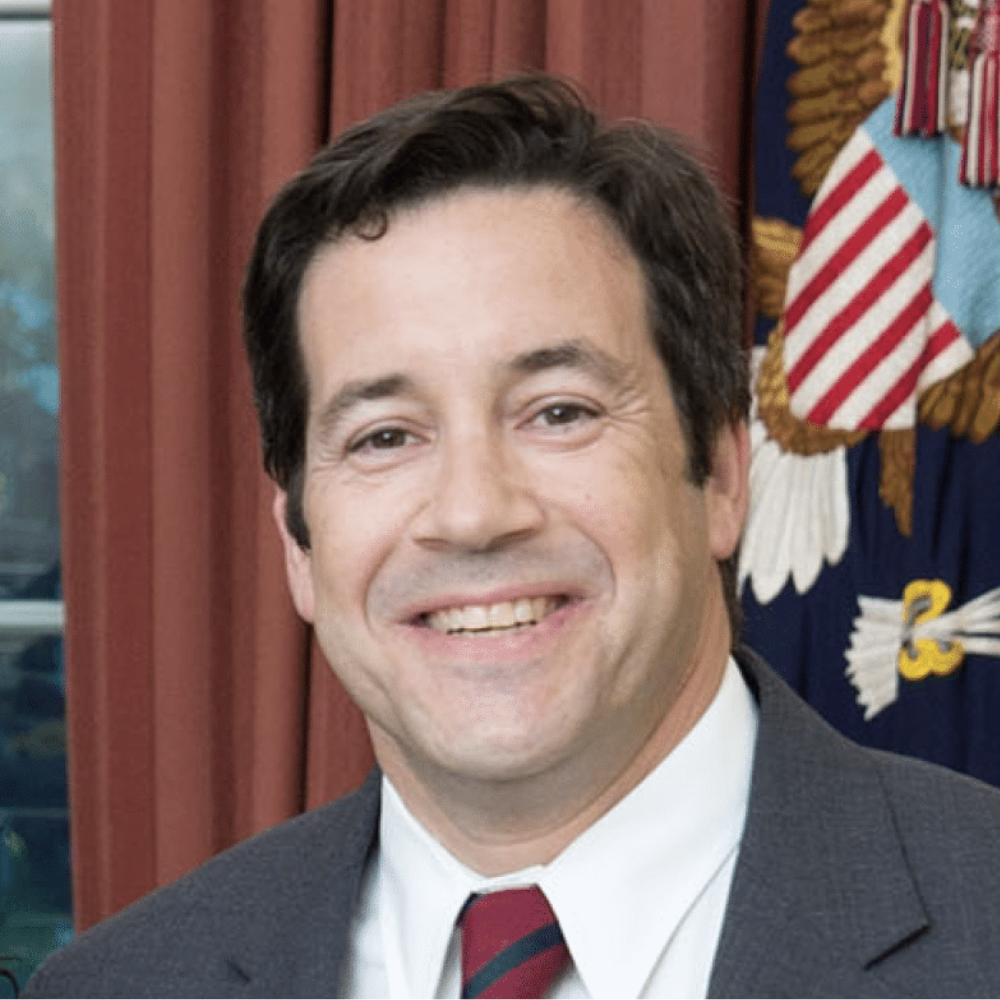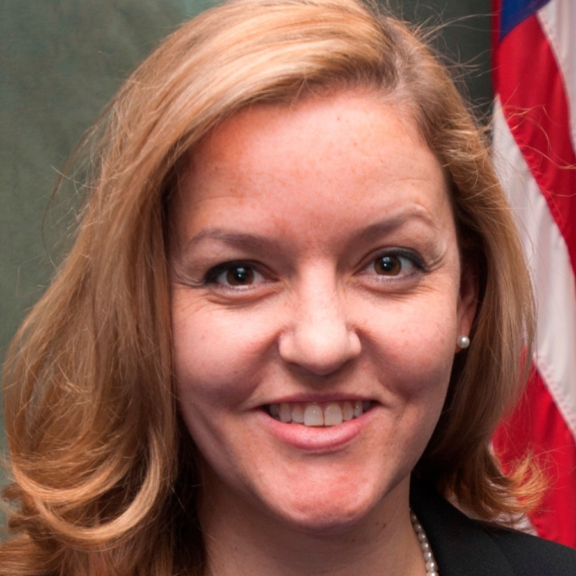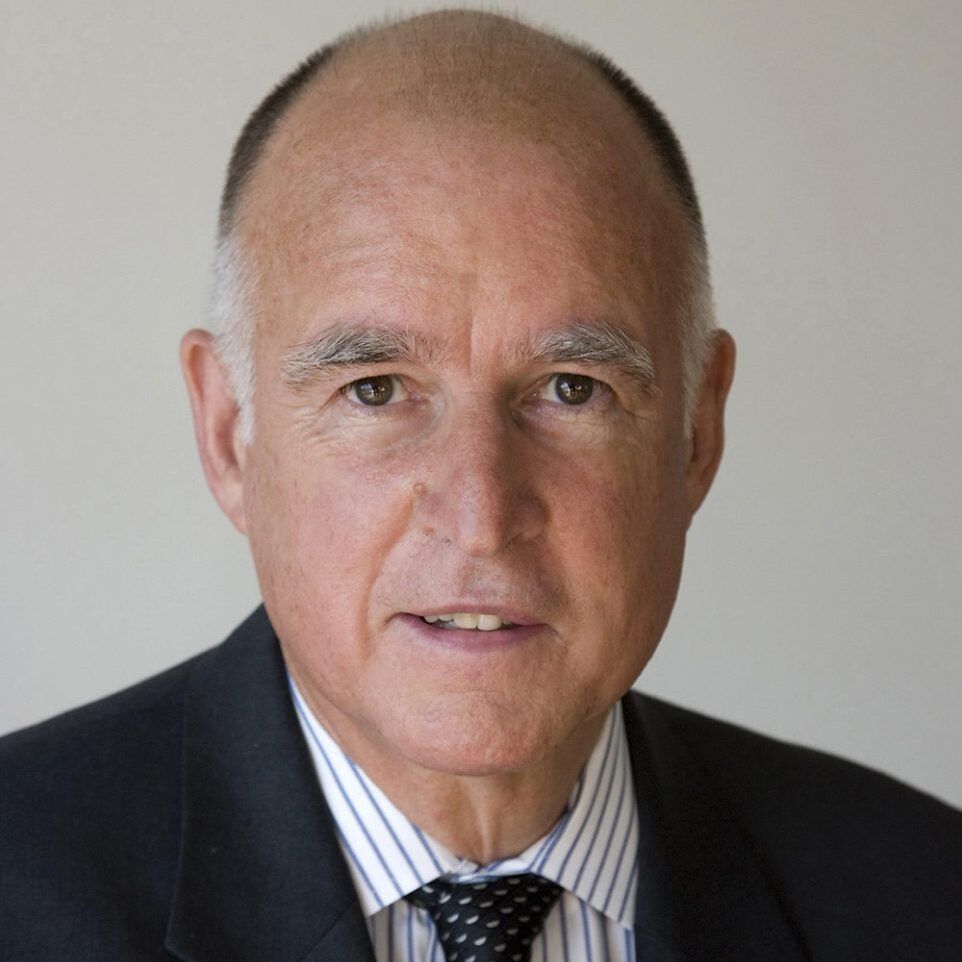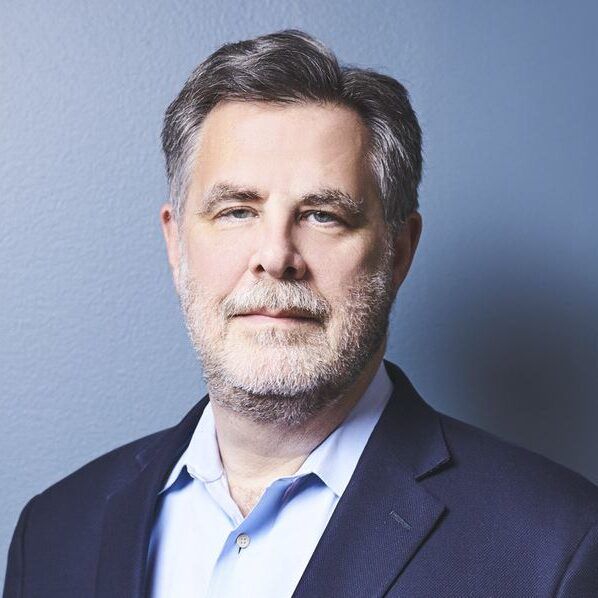Science and Security Board
The Science and Security Board (SASB) is a select group of globally recognized leaders with a specific focus on nuclear risk, climate change, and disruptive technologies. The SASB provides the Bulletin with objective external perspectives on trends and issues in these fields and connects the organization to outside experts.
The board’s responsibilities
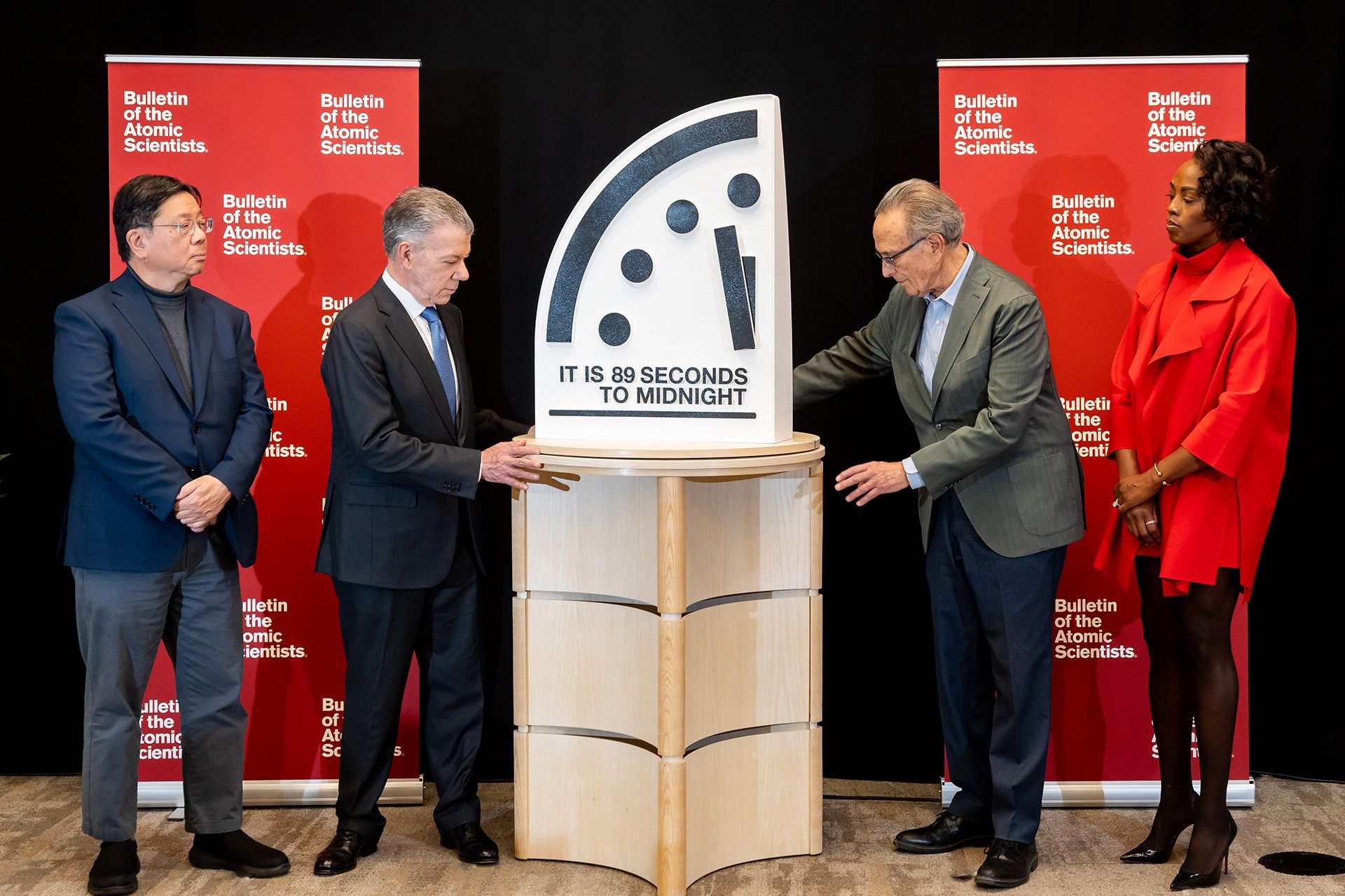
Setting the hands of the Doomsday Clock
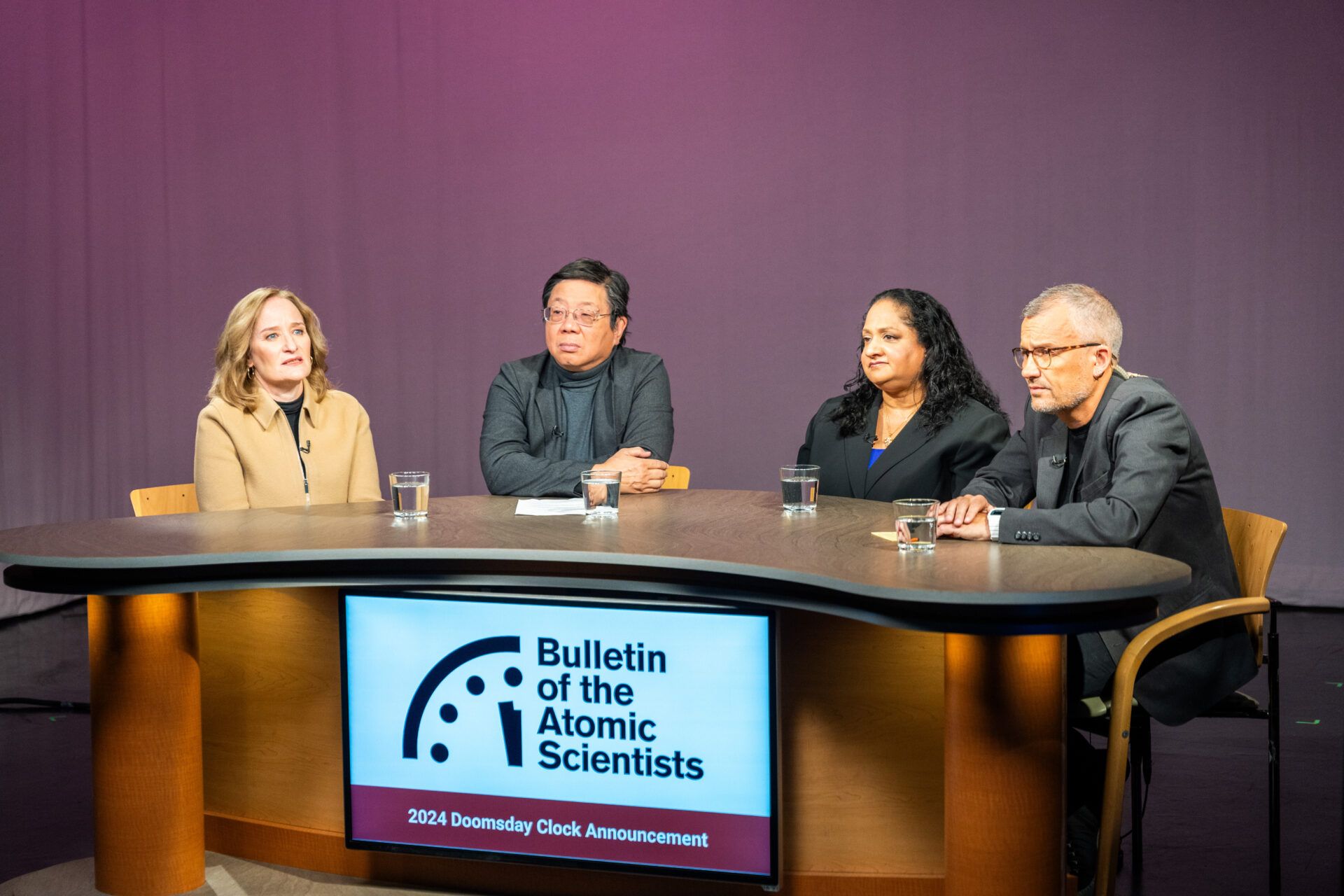
Representing the Bulletin at public events
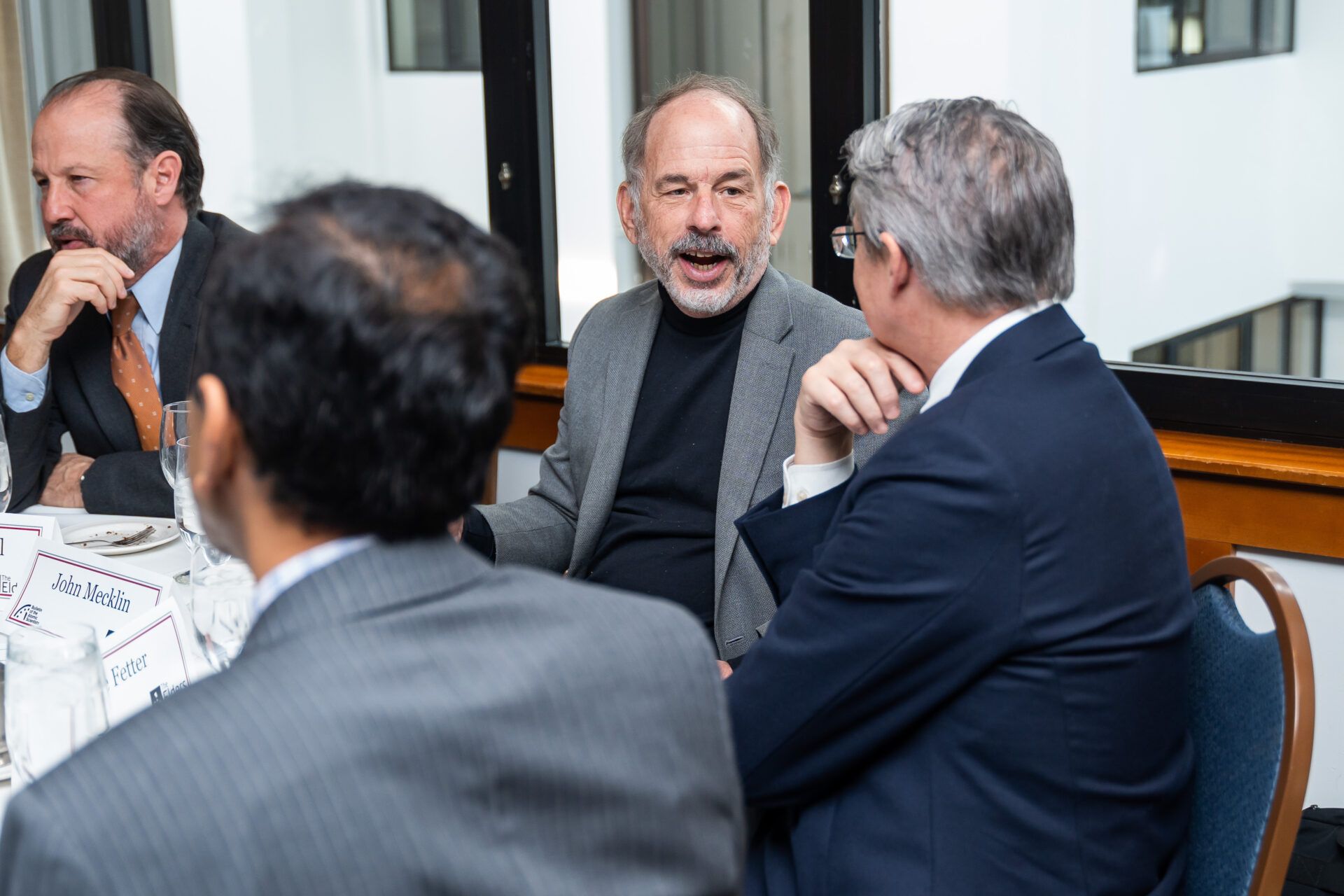
Serving as editorial advisors to the Bulletin

Providing editorial and program advice to the Bulletin staff
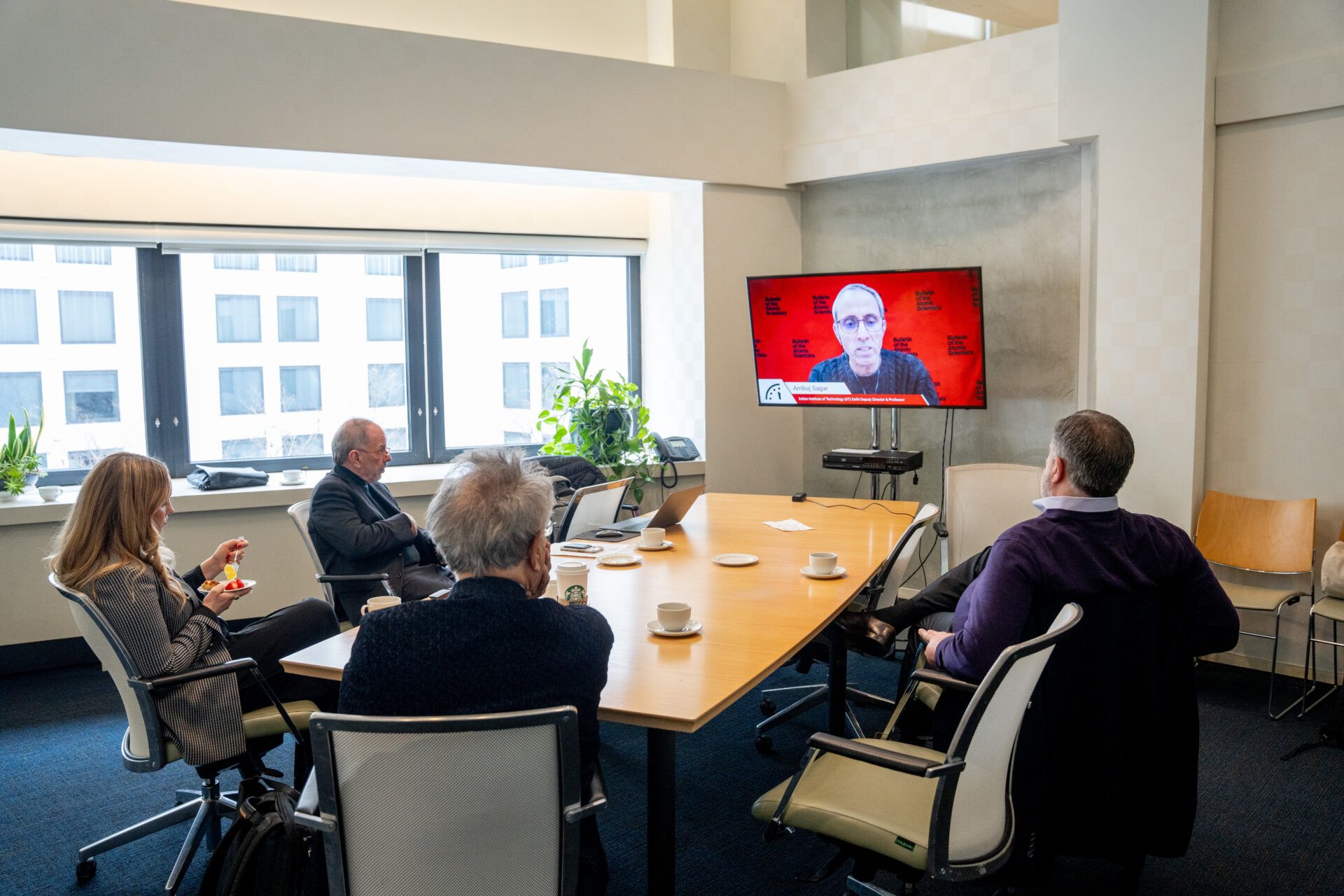
Advising the governing board and the President and CEO on man-made existential threats
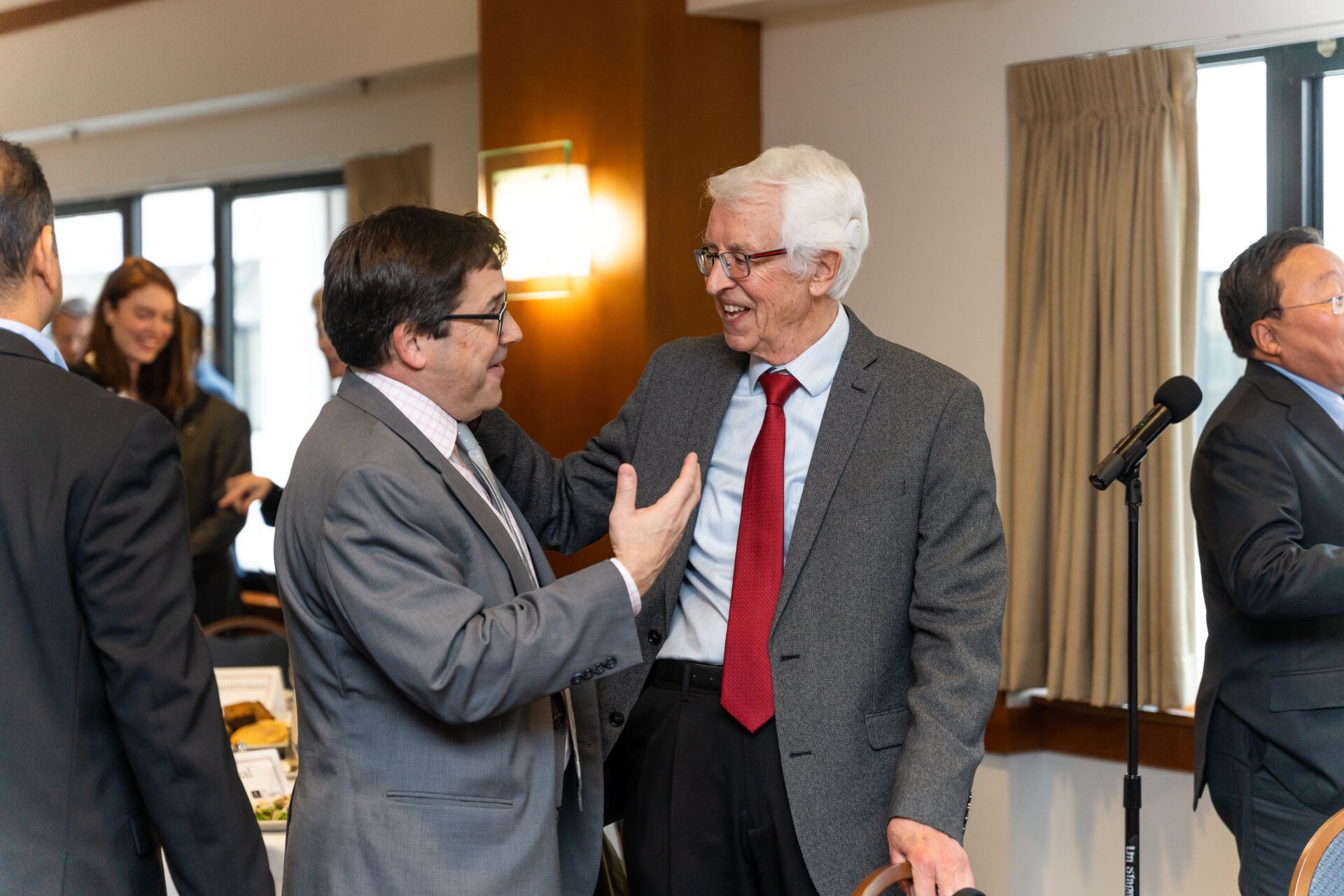
Identifying new experts as contributors to the Bulletin and for SASB membership
Science and Security Board members
Professor of public policy at the University of Maryland and former environmental and security lead in the White House Office of Science and Technology Policy
Atmospheric scientist and founding director of the Berkeley Atmospheric Sciences Center
Executive director of the Bipartisan Commission on Biodefense
Co-director of Princeton's Program on Science and Global Security
University of Chicago professor with expertise in black holes, gravitational waves, and existential risk
Retired US Air Force major general and adjunct professor at the University of Notre Dame
Senior research scholar and Hank Holland Fellow at Stanford University
Principal/director of Life Sciences for Sterling Bay
Director of the International Security Program at Harvard University’s Belfer Center for Science and International Affairs
Microbiologist and Infectious Diseases Clinician, early pioneer in the modern study of the human microbiome, and a professor in medicine and in microbiology & immunology at Stanford University
Professor at Stanford’s Center for International Security and Cooperation
Professor of Public Policy at the Indian Institute of Technology Delhi
Distinguished fellow at the Centre for Air Power Studies in New Delhi
Environmental scientist, theoretical physicist, and professor emeritus of Mechanical and Aerospace Engineering at Princeton University
Director of global risk at the Federation of American Scientists and former national security affairs special assistant to US President Barack Obama
Bulletin of the Atomic Scientists President and CEO
Bulletin of the Atomic Scientists Executive Chair
Bulletin of the Atomic Scientists Chair (Does not set the Doomsday Clock)
Thoughts from Science and Security Board members
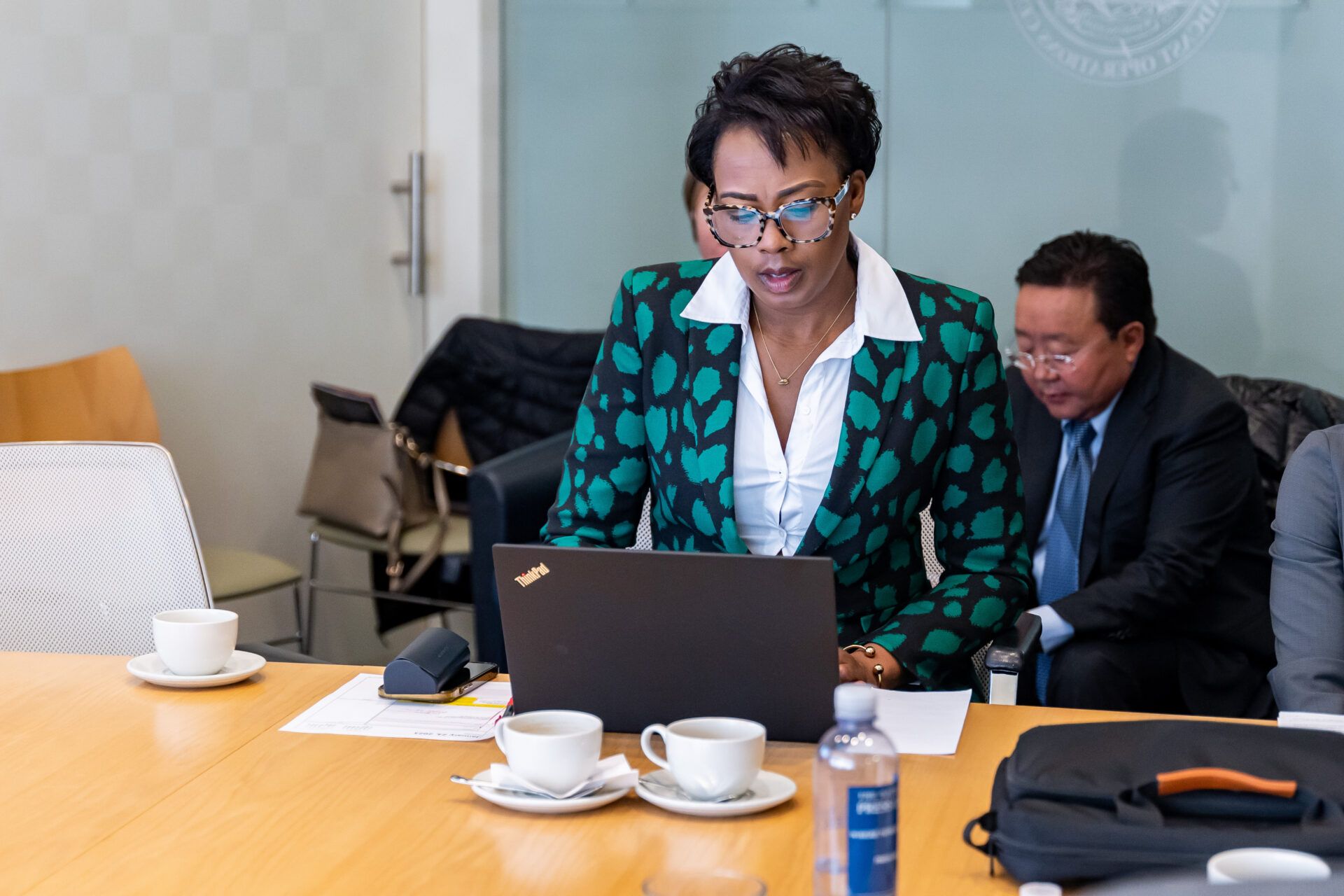
"It takes a great deal of courage and compassion to take responsibility for issues you had no hand in creating, which makes me immensely hopeful to see the huge numbers of people who read the Clock statement and take its warning seriously."
— Suzet McKinney
Principal/director of Life Sciences for Sterling Bay
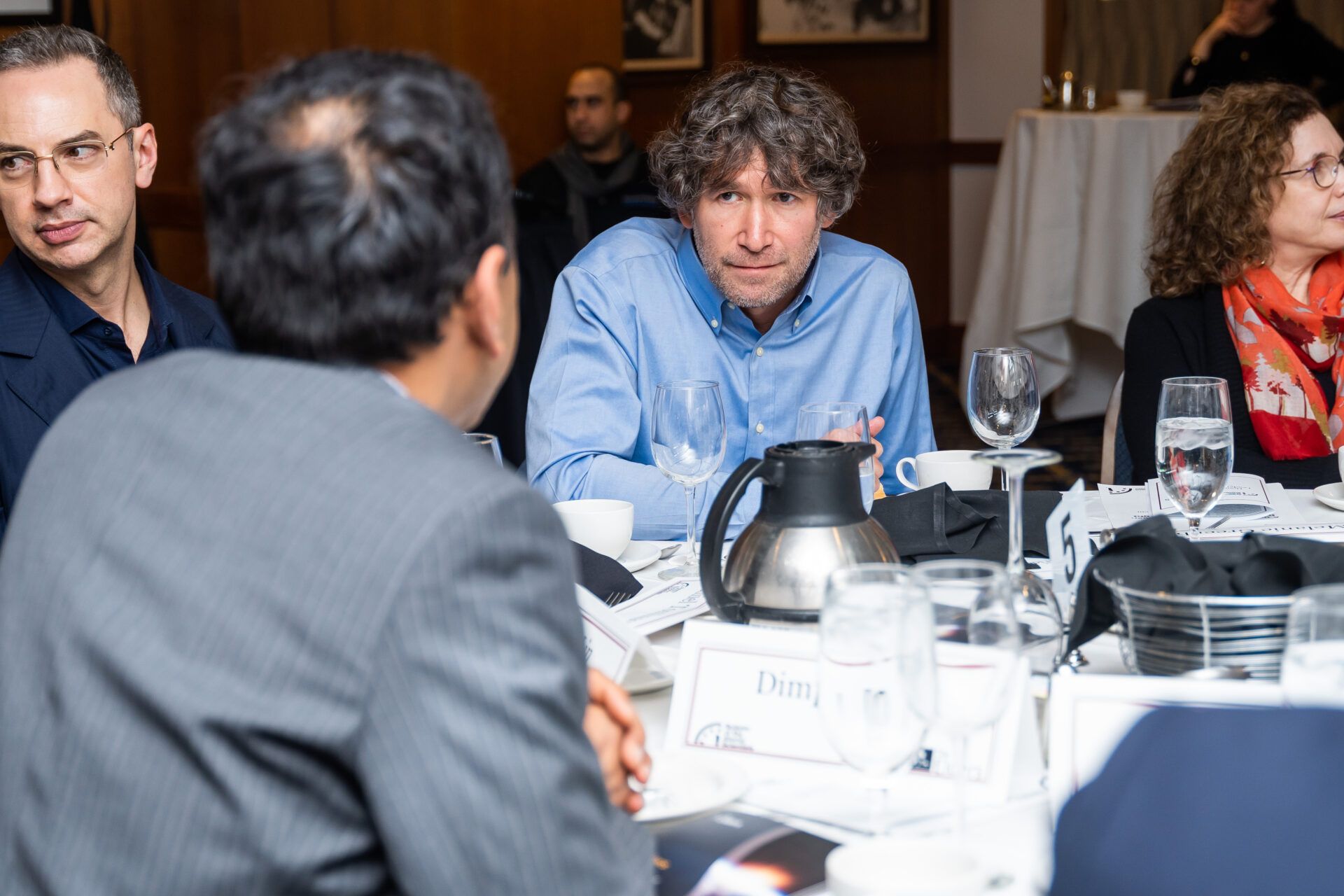
"The members of the Science and Security Board are committed to creating a safer planet for present and future generations."
— Daniel Holz
Chair of the SASB and University of Chicago professor with expertise in black holes, gravitational waves, and existential risk
